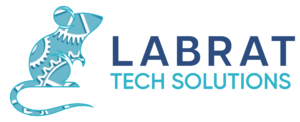Streamlined Workflow
LIS help streamline laboratory workflows by automating processes such as sample registration, test scheduling, result entry, and reporting. This improves the efficiency of laboratory operations and reduces the risk of errors associated with manual data entry.
Quality Control
LIS provide tools for tracking and monitoring test results, enabling laboratories to maintain high standards of quality control. This includes flagging abnormal results, tracking turnaround times, and ensuring that tests are performed according to established protocols and standards.
Data Management
LIS store and manage vast amounts of data generated by laboratory tests, including patient demographics, test orders, results, and interpretations. This data can be easily accessed, retrieved, and analyzed for research, quality improvement, and decision-making purposes.
EHR Integration
LIS are often integrated with electronic health records (EHR) systems to provide seamless access to laboratory data for healthcare providers. This integration improves care coordination, enhances patient safety, and enables more informed clinical decision-making.
Regulatory compliance
LIS help laboratories comply with regulatory requirements, such as those related to data privacy and security, quality assurance, and accreditation. They provide tools for tracking and documenting compliance activities, ensuring that laboratories meet the necessary standards.
Cost Savings
By automating workflows and reducing manual tasks, LIS help laboratories reduce costs associated with labor, supplies, and rework. They also facilitate efficient resource utilization, allowing laboratories to maximize their productivity and profitability.
